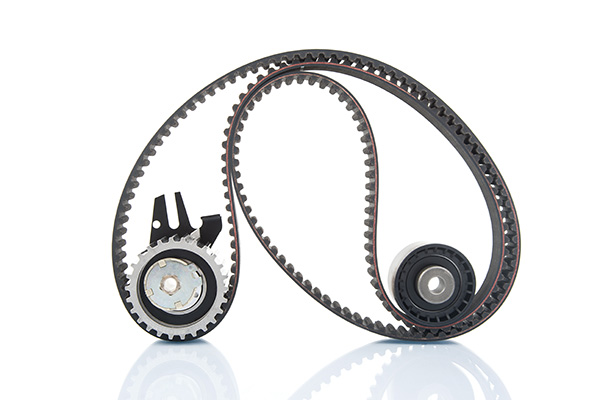
If you drive a VW Jetta, keeping up with timing belt replacement is one of the most important aspects of long-term maintenance. The timing belt controls the synchronization between your engine’s crankshaft and camshaft, making sure the valves open and close at exactly the right moments. When it fails, the results can be catastrophic, especially on an interference engine like most Jettas have.
Why the Timing Belt Is So Important
In your VW Jetta, the timing belt keeps the engine’s moving parts in harmony. If the belt slips, stretches, or breaks, the pistons and valves can collide, causing extensive internal engine damage. This often leads to costly repairs or even a full engine replacement.
Due to the critical nature of the timing belt, replacing it at the recommended intervals is crucial for preventing sudden breakdowns and maintaining optimal engine performance.
Recommended Replacement Intervals for VW Jettas
Volkswagen generally recommends replacing the timing belt on a Jetta between 60,000 and 90,000 miles, depending on the model year and engine type. If you’re unsure about your vehicle’s specific schedule, check your owner’s manual or consult a VW specialist.
Even if you haven’t hit the mileage threshold, age matters too. Timing belts are made of reinforced rubber, and over time, they dry out and crack. If your Jetta is more than six years old and still on its original belt, it’s wise to have it inspected, even if you’ve driven fewer miles than the manual specifies.
Signs Your Timing Belt May Be Wearing Out
While some timing belts fail without warning, there are subtle signs that can indicate trouble is brewing:
- Ticking or clicking noises from the engine
- Rough idling or misfiring
- Visible cracks, fraying, or glazing on the belt, if inspected
- Difficulty starting the engine
If you notice any of these symptoms, it’s best not to delay an inspection. Continuing to drive with a compromised belt increases the risk of sudden failure.
The Importance of Replacing Related Components
When replacing the timing belt, we recommend replacing other connected parts at the same time. The water pump, tensioners, and idler pulleys are also driven by the timing belt, and if one of these fails after a belt replacement, you could face another costly repair.
Doing all of these components together saves on labor costs and ensures the entire system is refreshed and reliable.
Why DIY Replacement Isn’t Worth It
Replacing a timing belt on a VW Jetta is not a beginner-friendly job. It requires specialized tools, precise measurements, and an in-depth understanding of VW engines. Even a small mistake during installation can throw off engine timing, leading to poor performance or serious damage.
Entrusting the job to professionals ensures the belt is installed correctly and your engine remains in peak condition.
Protect Your VW Jetta With Expert Timing Belt Service in Pasadena, CA
At European Auto Hause in Pasadena, CA, we specialize in VW and Audi vehicles, which means we know exactly what your Jetta needs to stay reliable. From expert timing belt replacements to comprehensive inspections, our technicians ensure your engine runs smoothly and safely for years to come. Schedule your service today and give your VW the care it deserves.